Some clients have the view that an inheritance should be left outright and unencumbered to children and other beneficiaries, because they don’t want to be perceived as “ruling from the grave.” Leaving an inheritance in trust for a child or other beneficiary can sometimes be viewed as ruling from the grave, but, depending on the terms of the trust, the child or other beneficiary can have substantial control over the inheritance without losing the benefits a gift in trust can provide.
If an inheritance is left outright to a beneficiary and that beneficiary dies a short time thereafter, it is likely that the child’s inheritance will be subject to probate. Depending on whether the inheritance was left by will or trust to the child, the outright gift will force at least one probate of the inherited assets. If the outright inheritance is coming from the parent’s trust, it will have to be probated in the child’s estate. If the inheritance is being derived from the parent’s Will or is being received by intestacy (a probate process required when the parent has no Will), there will need to be two probates, the first to transfer the assets from the parent’s estate to the estate of the child and a second probate to transfer the assets from the child’s estate to the lawful beneficiaries of the child.
The delay, expense, and publicity of probate may be avoided by leaving the inheritance to a trust for the child (or other beneficiary), which contains provisions designating to whom the assets are to be distributed, should the beneficiary predecease the parent or die sometime after the parent’s death (but while the inherited assets remain in the trust).
Parents are often quite concerned that a child will pass away and the child’s inheritance will end up in the hands of the “outlaw in-law” (meaning the spouse of the child). This could occur if the child commingles the inheritance with the couple’s other assets and subsequently divorces the spouse or if the child receives the inheritance and leaves no provisions for what is to happen with his or her assets upon death (or has a Will or trust which leaves everything to the spouse). Even if the parent is not overly concerned about the spouse receiving the inheritance, he or she might be concerned about the inheritance intended for their child and his or her family ending up in the possession of the new boyfriend, girlfriend, or spouse of the deceased child’s spouse.
Some children or other beneficiaries are disabled and receiving government assistance. Other beneficiaries may have a drug, alcohol, or gambling addiction. Still other children may just have problems managing money, being unable to save for retirement, and/or accumulating excess debt. Finally, some beneficiaries may have financial difficulties because the IRS or state taxing authority, the trustee of the bankruptcy court, or a judgment creditor is pursuing them.
All of the above cases can be solved in one manner or another by leaving the child’s inheritance in trust. The trust may be for a short term or for an extended period of time, including lifetime trusts. The child may be in charge of his or her trust, either upon the death of the parent or upon attaining a designated age. Sometimes the management of the trust is tied to an outside event, such as the child being free from drug use for a specified period or not having any judgment creditors, bankruptcy court, or taxing agency pursuing the assets of the child.
The design of the trust for the child (or other beneficiary) is at the discretion of the parent. Terms advisable in one child’s trust may not be advisable for another child. Suppose, for instance, John and Mary have two children, Bill and Susan. Susan is the apple of her parent’s eyes, but John and Mary are not fond of her husband and they are concerned her marriage is unstable. In this case, John and Mary can leave Susan’s inheritance in trust for her in perpetuity. Susan can have the right to invest the funds as she sees fit, access the inheritance for whatever reason she desires, and designate to whom she wishes to give the inheritance upon her death. The default in some cases is to leave the trust assets to her children upon Susan’s death, but it could also be distributed to her spouse, a charity, or any other beneficiary Susan designates (if the parents want to give her this power).
Bill is financially irresponsible. He would not be named as trustee of his own trust. The trustee would be a trusted person or professional trustee who would have discretion to distribute the income and assets to Bill if and when it became appropriate to do so (when he was no longer addicted, was able to demonstrate an ability to manage the assets and/or he had paid off his debt or back-taxes). If Bill’s condition had not improved, the funds could continue to be held in trust for his future benefit, which might include assisting him with paying off his debt or back taxes, if that is acceptable to the parents (it is the parents’ money and they can dispose of it as they wish, including disinheriting Bill).
As you can see, there are many advantages to avoiding outright distributions to children and other remainder beneficiaries to a Will or trust. A trust for a child created under the parent’s Will or trust can be drafted to achieve the goals of the parents, whether that is divorce protection, an incentive to kick an addition, provide a child with mentoring on how to manage an inheritance, or prevent a creditor from seizing the child’s inheritance to pay off the child’s debt. Depending on the goal of the parent, the child can be given substantial control over the inherited assets or very little, if any, control. The control could relate to distribution of the inheritance or perhaps be limited to only how the assets are invested. The child can be given the power to designate who will receive his or her inheritance upon the child’s death, or not. If the power is given, the permissible beneficiaries can be limited to a small class of beneficiaries (such as the spouse or descendants of the child) or to a much broader group of people or entities (any person or charity the child desires to designate).
As you can see, protecting an inheritance is not necessarily “ruling from the grave.” Instead, it can be looked at as a parent or other person assuring that the inheritance that he or she chooses to leave ends up with the person or entity desired and is used in the manner desired by the owner of the property. With the increasing number of divorces and the likelihood that the baby boom generation may be the last generation as a whole who are financially better off than their parents, protecting an inheritance becomes a much more important consideration.
Our law firm focuses on estate planning and trust administration. We are very experienced in creating estate plans that provide divorce and asset protection to the beneficiaries of the estate plan. As members of the American Academy of Estate Planning Attorneys, we are continually being updated on the latest planning strategies to assist our clients. Your client can make an appointment to meet with one of our experienced attorneys by calling or visiting our office.

